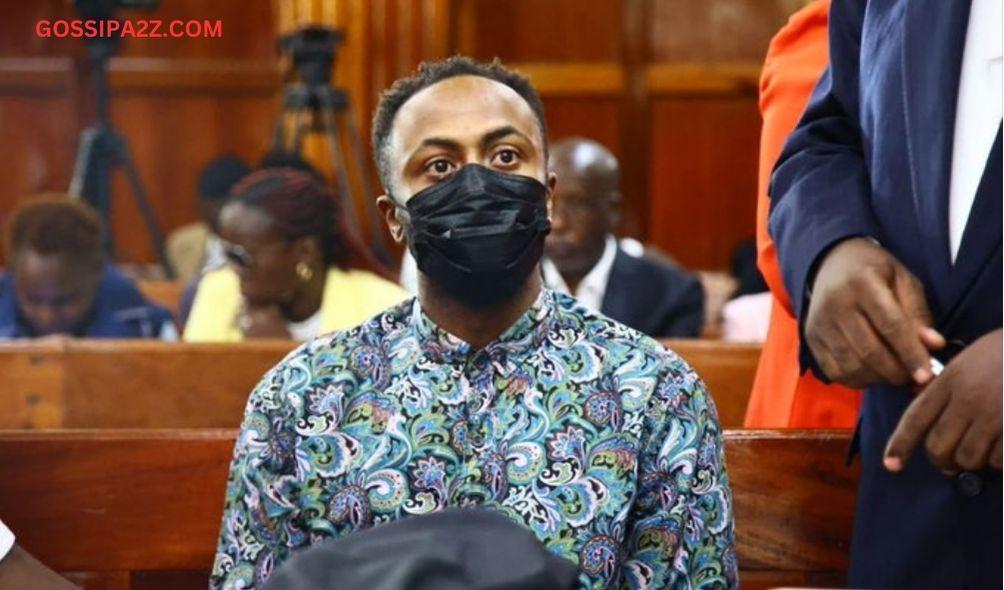Confusion as Jowie Rumored to Be Among Pardoned Inmates—Here’s the Truth
On Wednesday morning, Kenyans woke up to trending news claiming that Joseph Irungu, widely known as Jowie, had been released from prison. Jowie was convicted in 2024 for the murder of businesswoman Monica Kimani.
The rumors started circulating on Tuesday evening after a government gazette notice dated Friday, May 23, revealed that President William Ruto had pardoned 57 prisoners using his constitutional powers of mercy.
One name on the list caught public attention: Joseph Irungu Maina. This immediately sparked online speculation that Monica Kimani’s killer had been set free.
However, Dennis Itumbi, who works as a Digital Strategist and heads the Creative Economy Unit in the President’s Office, quickly stepped in to clarify. He dismissed the rumors, calling them false and misleading.
Itumbi also criticized some social media users for spreading fake news about such a sensitive issue, warning that it was an attempt to mislead the public.
Not Jowie: The Man Who Was Actually Pardoned
A fact-check by Kenyans.co.ke confirmed that the man released by President Ruto was not Jowie. While the names are similar, the details don’t match.
The convicted killer of Monica Kimani is Joseph Kuria Irungu, not Joseph Irungu Maina. Jowie was sentenced to death on March 13, 2024, by Lady Justice Grace Nzioka.
In contrast, Joseph Irungu Maina, the person named in the gazette, was imprisoned back in 2015, almost 10 years ago. He is listed as prisoner number 22. The confusion came simply because of the similarity in names, but these are two very different individuals.
Why and How a Presidential Pardon Works in Kenya
Under Kenya’s 2010 Constitution, the president has the power to release prisoners through what’s called the prerogative of mercy. This is often done based on recommendations from the Power of Mercy Advisory Committee.
This practice came from the United Kingdom, where the monarch once had the authority to reduce or cancel death sentences. Kenya adopted this system after gaining independence.
A presidential pardon can be given for several reasons:
- If the prisoner has shown good behavior and is likely to influence others positively.
- For humanitarian reasons, such as when the prisoner is pregnant, mentally ill, or very young.
- If the person was jailed under outdated or harsh laws.
- When public sympathy favors the release.
- To help improve diplomatic relations, especially when another country requests the release of one of its citizens.
Confusion as Jowie Rumored to Be Among Pardoned Inmates—Here’s the Truth
